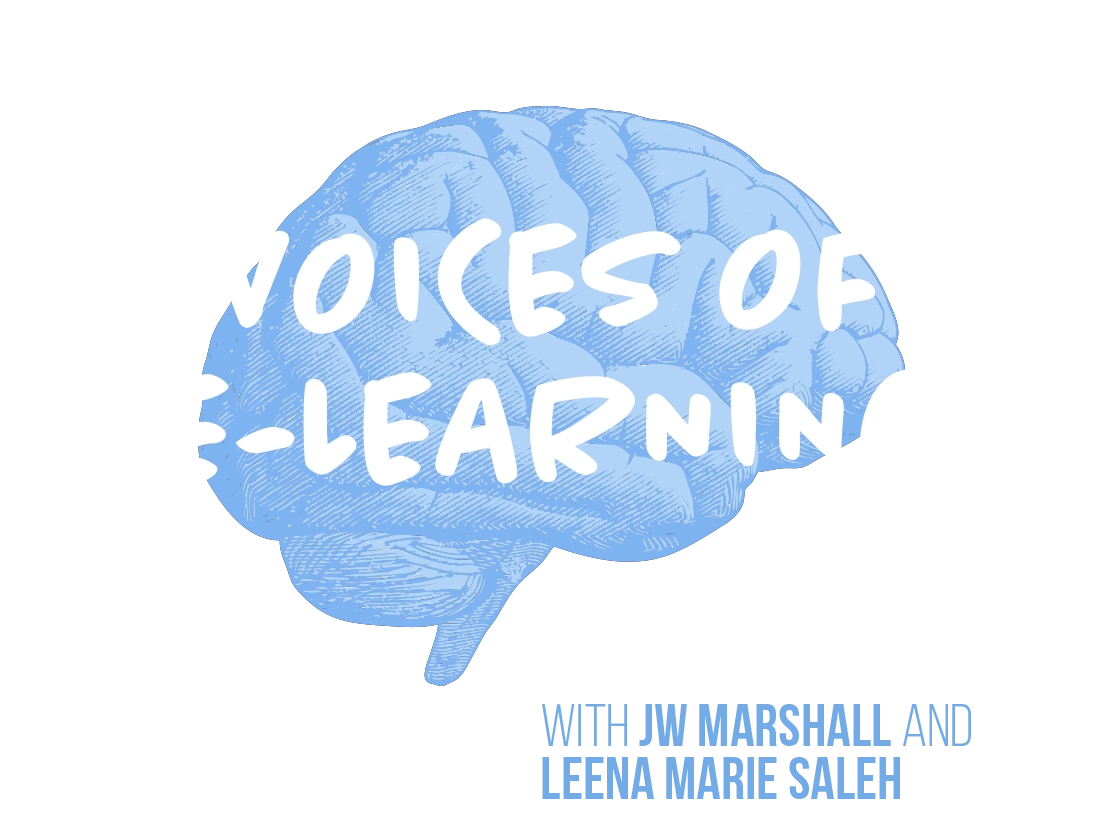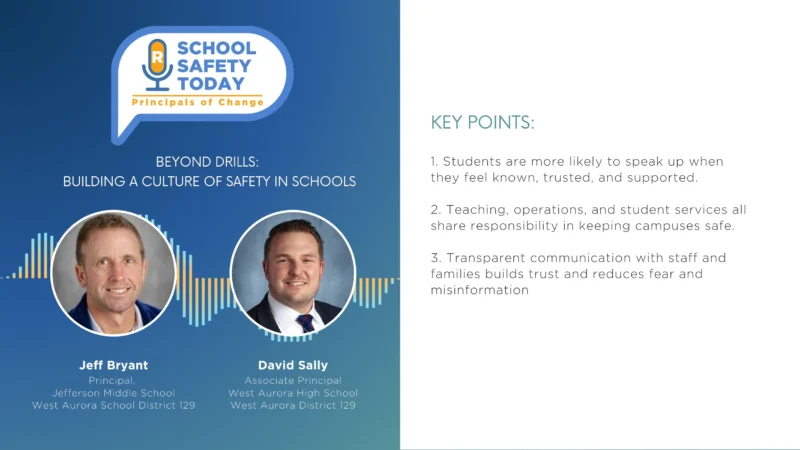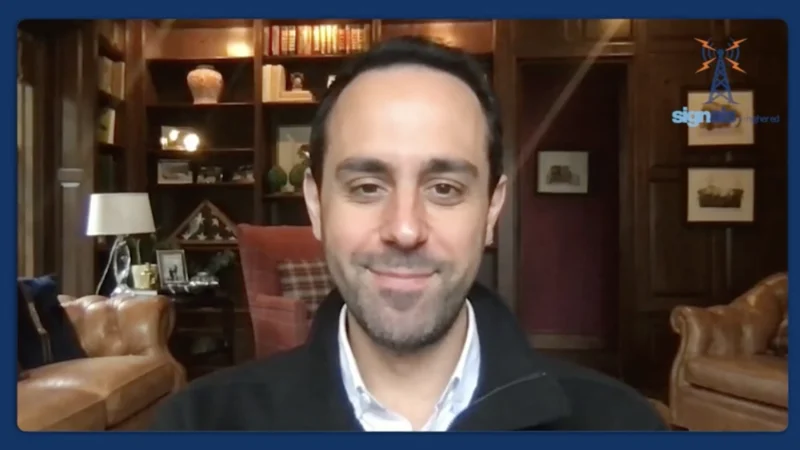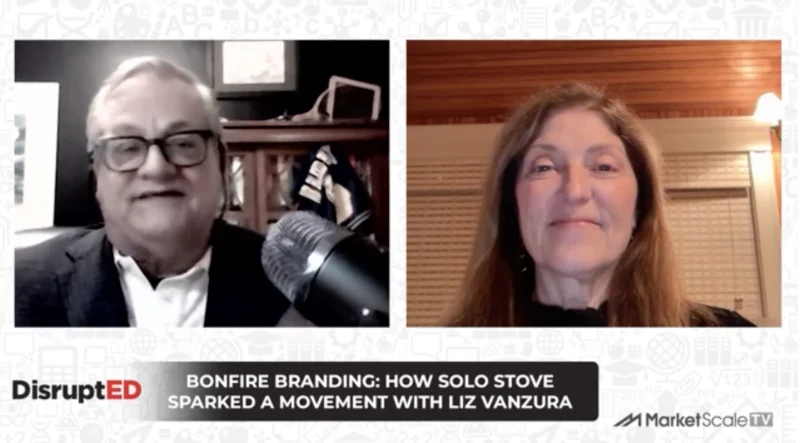Meta-learning is the New Literacy
Dr. Sonny Magana wears quite a few hats in the education space. He is an award-winning teacher, best-selling author, and a forward-thinker of education methods. This innovative global education futurist joined JW Marshall for the second time on Voices of eLearning to discuss his upcoming book, Learning in the Zone: The Seven Habits of Meta Learners.
If one sets aside all the plaudits, accolades, awards, and achievements, at his core Magana says he is a simple teacher who loves learning. “I’ve been working on trying to find a unifying theory of learning,” Magana said. “We have a lot of learning theories that exist. Some are more useful than others, some are out of date, and some need to be updated. When you think about it, our whole education system is in continual flux.”
Magana’s quest for this unifying theory considers developmental psychology, cognitive science, neuroscience, behavioral science, educational technology research. It puts it all together in a sensible, easy-to-understand framework to yield extraordinary results. “That’s what Learning in the Zone is,” Magana said. “It’s the culmination of that endeavor.”
Using Magana’s methods show compounding, proven, accelerated learning results. Local scholars have peer-reviewed his work, and the results are reliable. And now, more than ever, with students needing to catch up to pre-pandemic learning levels, education needs tools like Magana’s. And Magana was confident that education could see a rebounding of V-shaped growth by following his findings.
When writing his new book, Magana wondered if there was a peak zone for athletes, could there also be one in education? “Is there not a similar state of consciousness for the learner,” Magana said. “It turns out there is.”




